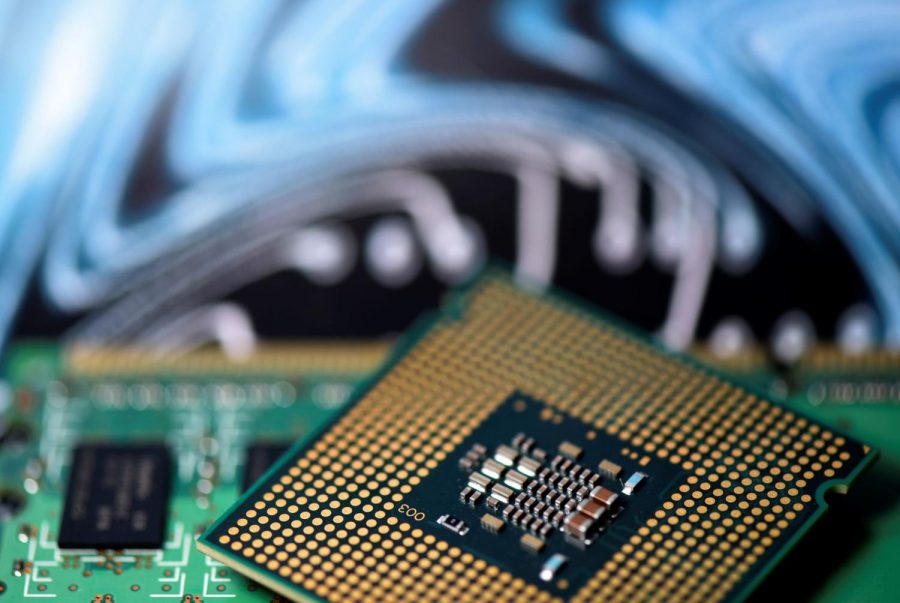The Semiconductor Chip Shortage: How Car Companies Are Coping
Inside every car, there are several semiconductor chips working to keep the car functional and safe. In recent times, a mass semiconductor chip shortage has been impacting the production of products ranging from cars to smartphones to robotic vacuums.
Within every car, there are at least two dozen microchips that control everything from stability control, anti-lock brake system, and fuel management. In newer models, features such as lane keeping, power steering, and backup cameras are all tied to the function of over 100 semiconductor chips. Semiconductors are the innovation that allowed for the growth of the automotive industry by giving manufacturers the ability to replace manual systems with electronic systems. Without them, critical safety systems would be unable to function.
At the start of the pandemic, car manufacturers canceled chip orders and shut down factories due to expected demand declines and safety concerns regarding the spread of coronavirus within the factories. On the other hand, chip manufacturers had new obstacles to tackle with the increased demand for computers, gaming devices, and other electronics due to the lockdown. When faced with an unexpected demand for cars in the following months, microchip manufacturers were unable to keep up with the demand of car consumers.
The shortage of chips has led car company Toyota to predict a production shortfall of close to 8 million cars by the end of 2021. This fact coupled with a high demand during the pandemic is resulting in an increase of market prices, a shortage of certain models, and shutdowns of car production plants. Some car manufacturers have been trying to alleviate this issue by parking thousands of unfinished cars and waiting for semiconductor chips. Other manufacturers–such as General Motors–have been shifting their available chips to their most popular models like their pickup trucks. Regardless, U.S. auto sales are expected to plummet at least 13% during the third quarter, leaving companies hoping for either an increase of chip factories or a decrease in consumer demand.
Most automakers are hopeful for large chip companies–such as the Taiwan Semiconductor Manufacturing Company–to create larger factories which would produce enough chips to reinvigorate the automotive industry. Some automakers like General Motors have gotten around the shortage by adjusting their vehicles’ features, such as removing fuel-saving cylinder deactivation features from their trucks. Other companies, such as Nissan, have deactivated navigation features.
It may be wise to hold off on buying a car, new or used, until the production issues ease up. Until the eventual rollout of vehicles from dealership inventories, consumers should save their savings.

Ray has been part of The Harriton Banner since his sophomore year and is excited to be back for his second year. Outside of being a Business writer, Ray...


